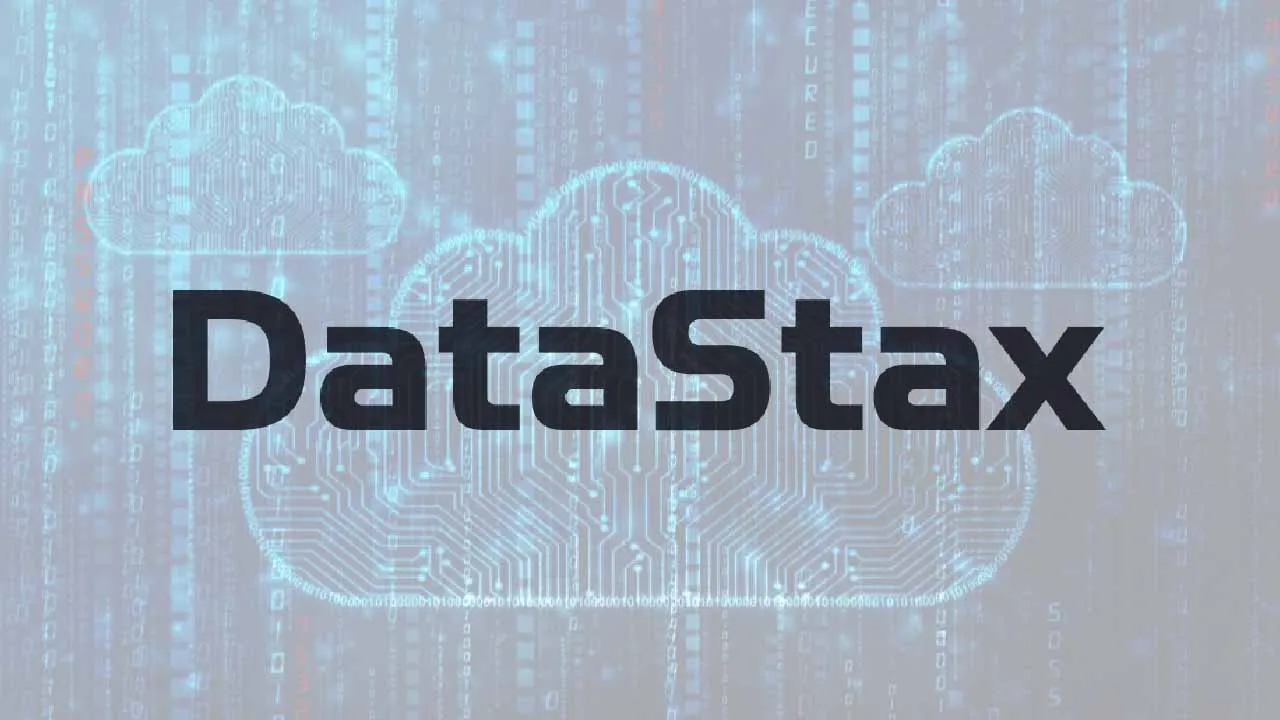DataStax , the company behind the Cassandra database, recently announced the general availability of Astra Serverless , the open, multi-cloud serverless database-as-a-service (DBaaS) solution.
DataStax Astra builds upon Apache Cassandra database and introduces a microservices-based architecture that separates compute from data storage tasks. Database resources can scale up and down on demand to match application requirements and traffic independent of compute resources.
While serverless compute has been around for a while, serverless data has lagged due to the technical challenges around separating compute and storage. Serverless compute is about stateless serverless workloads like web apps and functions, often running on Kubernetes, that delegate persistent data storage to other systems. And serverless data focuses on stateful processes (caches, databases, data stores, state machines, etc) that read, write, persist, and transmit data. These have been challenging workloads to run on Kubernetes. Scaling a database typically requires the addition of more server nodes in order to handle more demand or to store more data, which requires that the entire data set be “rebalanced” across the nodes to keep the ratio of storage and computing capability equal.
With Astra serverless, developers will only pay for what they use, no matter how many database clusters they create and deploy. This lets developers and IT teams create the databases they need for development, testing, staging, or other purposes.
The Astra Serverless database service scales up and down with a customer’s application requirements and the traffic. It’s recommended for the following use cases:
- Applications with unpredictable traffic and data consumption patterns. Developers can create an end-point and let the serverless database auto-scale per changing requirements of their applications.
- Applications with variable workloads depending on the season or timing of data processing like HR, Budgeting, Tax filing etc.
- Non-production databases like Dev/Test databases that are used only during the working hours of the organization. Serverless scales down to zero automatically when not in use.
Last year DataStax introduced the Astra DBaaS to make Cassandra available as a cloud-based database, and the Stargate API Gateway to help build applications on Cassandra using JSON, REST, and GraphQL APIs.
Serverless data APIs are becoming popular in bringing the different types of databases to the cloud, with offerings like Amazon’s Aurora Serverless Data API.
#database #big data #datastax #ai #serverless
